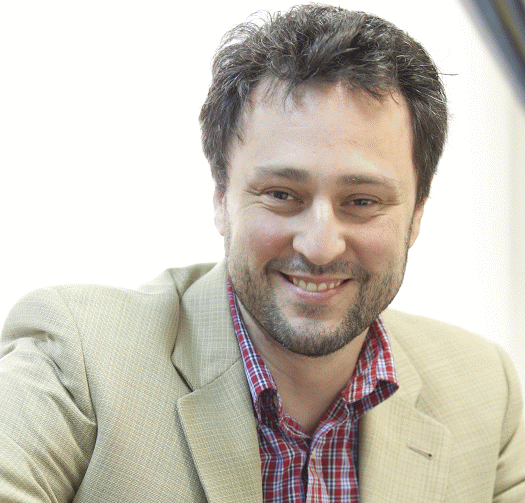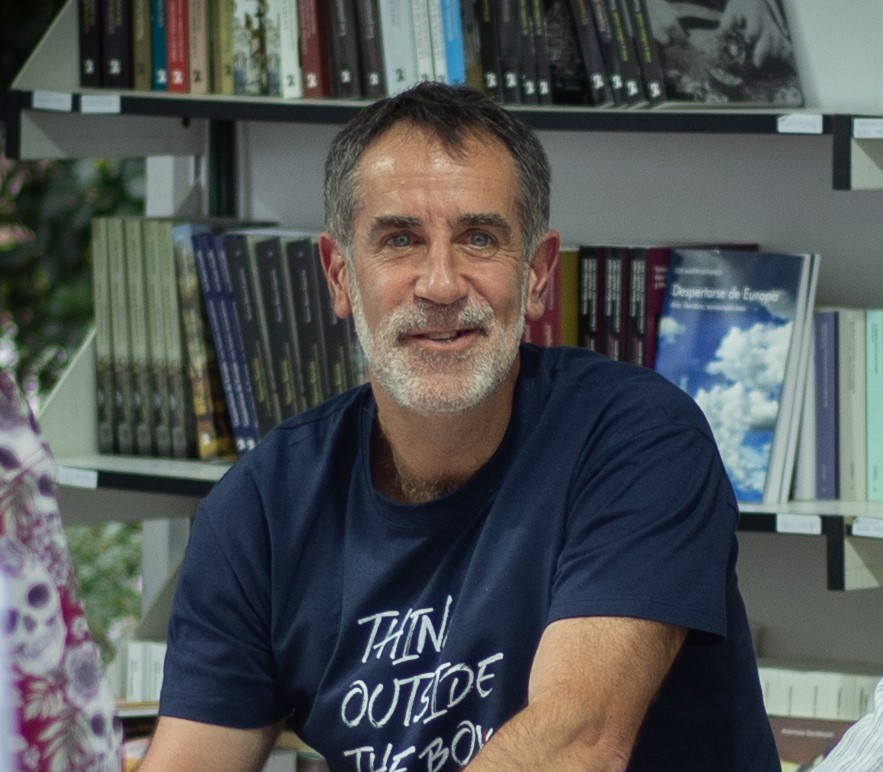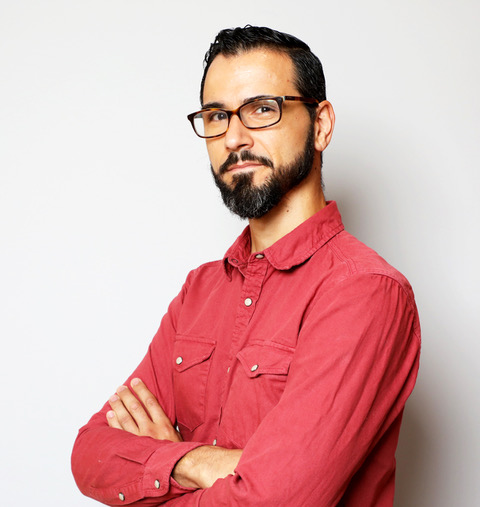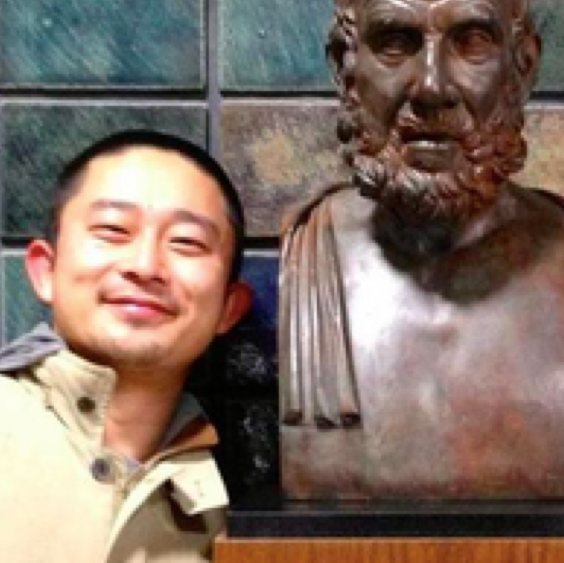DIGITAL ETHICS
MORAL ENHANCEMENT THROUGH AN INTERACTIVE USE OF ARTIFICIAL INTELLIGENCE
RESEARCH PROJECT
2020 – 2023
About
We have always considered education and moral progress as essential priorities of our societies, which has led parents, institutions, intellectuals, political leaders … to use different means to achieve them (teaching, propaganda, literature, religion …). But they do not seem easy objectives, given the persistence of a behavior that is, in many cases, irrational and reprehensible.
Technology can be a remedy to this moral limitation which is continuously present in human beings. Some authors have thought that this remedy could come from biotechnology. Our research in previous projects has led us to conclude that this path is not the right one, above all because trying to influence human behavior by modifying its biology, without an active and autonomous role for the moral agent, can never lead to a proper moral enhancement.
In this project we wonder if another new technology, artificial intelligence, could do it better. We believe that it would only achieve this if it starts from a totally interactive understanding of the relationship between the human being and the computer system. We thus distance ourselves from other existing proposals for moral enhancement that use artificial intelligence that rely on a method of moral decision-making where the system is the protagonist. We think that decisions should be taken from a constant dialogue, of clearly Socratic inspiration, in which the machine is reduced to a tireless assistant who, however, would never cease to be such. The basic objective of this project is to study the operational and ethical feasibility of such an assistant.

people

Francisco Lara (P.I.)

Blanca Rodríguez

Aníbal Monasterio

Jan Deckers

Julian Savulescu

Miguel Moreno

Paloma García

César González

Pablo De Lora

Pablo García Barranquero

Jon Rueda

Alberto Fernandez

Koji Tachibana

Angus Robson
sponsor

events & results
PUBLICATIONS
Lara, F. and Savulescu, J. (2021), Más (que) humanos. Biotecnología, inteligencia artificial y ética de la mejora, Editorial Tecnos.
Lara, F. (2021), Moral Bioenhancements and the Future of Utilitarianism, Ethics and Bioethics (in Central Europe), 11 (3-4).
Rodríguez López, B. (2021), Mejora estética: ¿Cenicienta o prototipo? En Lara, F. & Savulescu, J. (2021), Más (que) humanos. Biotecnología, inteligencia artificial y ética de la mejora, Tecnos.
Moreno Muñoz, M. (2021), Perspectiva crítica sobre la aplicación en humanos de sistemas CRISPR/Cas de edición genética. En Lara, F. & Savulescu, J. (2021), Más (que) humanos. Biotecnología, inteligencia artificial y ética de la mejora, Tecnos.
Deckers, J. (2021), El significado moral de la naturaleza para el debate sobre la mejora humana. En Lara, F. & Savulescu, J. (2021), Más (que) humanos. Biotecnología, inteligencia artificial y ética de la mejora, Tecnos.
García Díaz, P. (2021), El neurofeedback y la mejora de la agencia moral. En Lara, F. & Savulescu, J. (2021), Más (que) humanos. Biotecnología, inteligencia artificial y ética de la mejora, Tecnos.
Monasterio Astoriza, A. (2021), Automatizando la toma de decisiones: Inteligencia artificial y mejora humana. En Lara, F. & Savulescu, J. (2021), Más (que) humanos. Biotecnología, inteligencia artificial y ética de la mejora, Tecnos
Lara, F. (2021), “Why a Virtual Assistant for Moral Enhancement When We Could have a Socrates?”, Science and Engineering Ethics, 27.
Rueda, J. (2021), “Enhancing Virtue without Becoming Ned Flanders?”, AJOB Neuroscience, 12 (2-3), 121-124.
Lara, F. & Rueda, J. (2021), “Virtual Reality not for “being someone” but for “being in someone else’s shoes”: Avoiding misconceptions in empathy enhancement through virtual reality”, Frontiers in Psychology, 12
Savulescu, J. (2021), “Mejora humana”. En Lara, F. y Savulescu, J. (eds), Más (que) humanos: Biotecnología, inteligencia artificial y ética de la mejora humana, Tecnos
Lara, F. y Deckers, J. (2021), “La inteligencia artificial como asistente socrático para la mejora moral”. En Lara, F. y Savulescu, J. (eds), Más (que) humanos: Biotecnología, inteligencia artificial y ética de la mejora humana,Tecnos.
Monasterio Astobiza A. et al. (2021), “AI Ethics for Sustainable Development Goals”, IEEE Technology and Society Magazine, 66-71.
Monasterio Astobiza A. (2021), “Gobernanza global de la IA”, Cuadernos Salmantinos de Filosofía, 48.
Lara, F. y Savulescu, J. (eds) (2021), Más (que) humanos: Biotecnología, inteligencia artificial y ética de la mejora humana, Tecnos.
Rueda, J. & Lara, F. (2020), “Virtual Reality and Empathy Enhancement: Ethical Aspects”, Frontiers in Robotics and AI, 7: 506984.
Monasterio Astobiza A. (2020), “Infoética y la paradoja de la privacidad: información pública por defecto, privada con esfuerzo”, Ápeiron: Estudios de Filosofía, 105-114
Aparicio, M.; Morte Ferrer, R.; Toboso-Martín, M.; Ausín, T.; Monasterio Astobiza, A. López Castro, D. (2020), “An Ethical Framework for Robotics and Children. Vulnerability and promotion of autonomy”. En Fabian Buck, Marc, Drerup, Johannes, Schweiger, Gottfried (eds): Neue Technologien – neue Kindheiten – ten? Ethische und bildungsphilosophische Perspektiven, Springer.
MEETINGS PARTICIPATION
¿Para qué un asistente virtual para la mejora moral cuando podríamos tener un Sócrates?”, by F. Lara. 4th International Congress of Philosophy. Sociedade Portuguesa de Filosofia. University of Minho, online, 9-10/09/2021
“Ethical governance of AI in the global south: A Human rights approach to responsible use of AI”, by A. Monasterio Astoriza. International Society for the Study of Information IS4SI. The 2021 Summit of the International Society for the Study of Information (Viena), Online, 12/09/2021.
Sócrates y los asistentes virtuales”, by F. Lara. Jornadas Internacionales de Ética Aplicada. Online, 25-27th May 2021
“Virtual Reality Ethics: Mapping the Field” by Rueda, J. & Lara, F. Internal Seminar of the Event Lab lead by Mel Slater, online (Barcelona), 21/10/2021.
“Accuracy, explainability, and avoidance of bias in AI-based medical resource allocations: A procedural fairness perspective” by Rueda, J. et al. Workshop Bias and Discrimination in Algorithmic Decision Making, Leibniz University Hannover, 08/10/2021.
“`Just´ Accuracy? Procedural Fairness Requires Explainable and Accountable Algorithms in AI-based Medical Resource Allocations” by Rueda, J. et al. Ethics and Technology Workshop, Ethics and Technology Graduate Group. Online, 26/04/2021.
“Ética de la Inteligencia Artificial”, by F. Lara. DaSCI Lectures. Instituto Andaluz en Data Science and Computational Intelligence. Granada, 15th May 2021.
“On the ethics of neurotechnologies and artificial intelligence”, by A. Astobiza, Workshop `Ethics, law, and policy on human enhancement technologies´, EXTEND webinar, 15-16th March 2021.
“Capabilities enhancement as a goal of medicine”, by J. Rueda, P. García-Barranquero & F. Lara. Workshop `Ethics, law, and policy on human enhancement technologies´, EXTEND webinar, 15-16th March 2021
“The treatment/enhancement distinction: Ethical issues”, by Rodríguez, B.Workshop `Ethics, law, and policy on human enhancement technologies´, EXTEND webinar, 15-16th March, 2021
“On (Un)naturalness”, by J. Deckers. School of Natural and Environmental Sciences seminar series. Newcastle University. 03/03/2021.
“Ética de las neurotecnologías, Inteligencia Artificial y neuroderechos”, by A. Monasterio Astoriza. Universidad Nacional Autónoma de México. 3er Congreso Latinoamericano de Investigación y Educación Superior Interdisciplinaria, online 17/05/2021.
“Historia de los sistemas de representación del conocimiento y sus aspectos éticos y filosóficos”, by A. Monasterio Astoriza. Universidad Virtual Anáhuac (UVA). Ponencia Invitada para el curso Sistemas expertos decisionales de la Universidad Virtual Anáhuac (Huixquilucan, México), online, 12/12/2020.
“Regulación algorítmica”, by A. Monasterio Astoriza. Instituto de investigaciones Jurídicas. IX Jornadas Internacionales de Filosofía del Derecho: Problemas Contemporáneos de la Filosofía. Universidad Nacional Autónoma de México. Online, 07/12/2020.
MEETINGS ORGANIZATION
Workshop `Ethics, law, and policy on human enhancement technologies´, EXTEND webinar, 15-16th March, 2021 (co-organised with EXTEND Project and GITME)
previous projects
BIOethAI+
Contact
EthAI+
Francisco Lara
Departamento de Filosofía I
Facultad de Psicología
Campus de Cartuja
Universidad de Granada
18071 Granada
Spain
Email: flara@ugr.es
EthAl+ project 2020-20
Designed by Alejandro Doncel